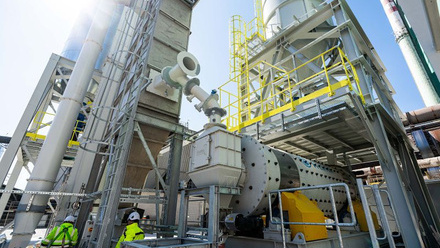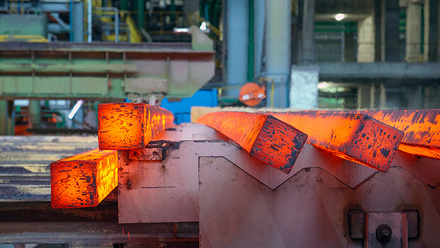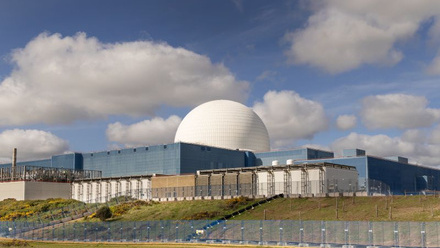Dryland soil releases carbon when there is increased nitrogen
Nitrogen released by fossil-fuel-powered machines causes dry soil to emit carbon into the atmosphere, according to research from the University of California Riverside, USA.

Dryland soil is typical near San Diego Southern California, USA, with samples taken by researchers from the University of California Riverside
© Stephen Leonardi / unsplashIndustrial manufacturing, agricultural practices and vehicles all release nitrogen through burning fossil fuels, and as a result levels in the atmosphere have tripled since 1850.
The team had expected the nitrogen to promote plant growth and microbial activity, and increase soil carbon in the dryland soil that is typical in Southern California.
However, they discovered that under certain conditions the extra nitrogen causes the dryland soil to acidify and leach calcium, and as this binds to carbon, the two elements left the soil together.
The researchers sampled soil from ecological reserves near San Diego and Irvine that have been fertilised with nitrogen in long-term experiments, so they knew exactly how much nitrogen was being added.
Dryland soil that has limited ability to retain moisture with low-levels of organic matter, covers about 45% of the Earth's land area and is responsible for storing a large amount of carbon.







